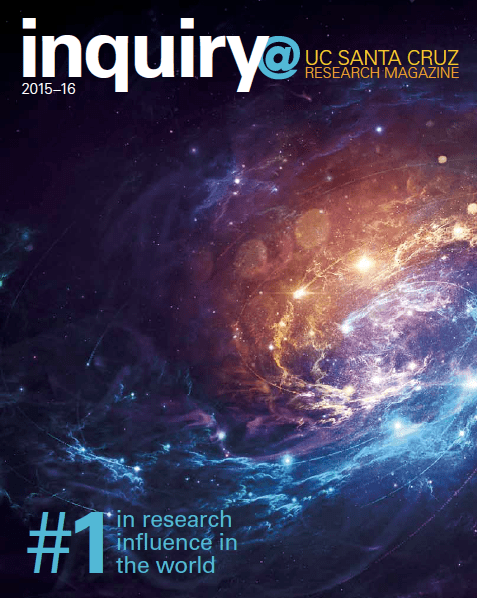The Science and Justice Research Center is hosting an Informational Meeting for a new cohort of our nationally recognized interdisciplinary Graduate Training Program:
THURSDAY FEBRUARY 20, 2014
12:30-2:00 Muwekma Ohlone Conference Room 351
(Bay Tree Building, 3rd floor, upstairs from the Bay Tree Bookstore)
Lunch Provided
Our NSF-supported Science and Justice Training Program (SJTP) is a globally unique initiative that trains doctoral students to work across the disciplinary boundaries of the natural and social sciences, engineering, humanities and the arts. Through the SJTP we at UCSC are currently teaching a new generation of PhD students the skills of interdisciplinary collaboration, ethical deliberation, and public communication. Students in the program design collaborative research projects oriented around questions of science and justice. These research projects not only contribute to positive outcomes in the wider world, they also become the templates for new forms of problem-based and collaborative inquiry within and beyond the university.
Spring 2014 Course:
Science & Justice: Experiments in Collaboration
SOCY/BME/FMST 268A & ANTH 269A
Prof. Jenny Reardon
Tuesdays 11-2, College 8 301
Students from all departments are encouraged to attend
Prior graduate Fellows have come from every campus Division
13 Represented Departments:
Anthropology, Biomolecular Engineering, Earth & Planetary Sciences, Environmental Studies, Film and Digital Arts, Digital Arts and New Media, History of Consciousness, Literature, Philosophy, Physics, Politics, Psychology, and Sociology
As SJTP students graduate they take the skills and experience they gained in the training program into the next stage of their career in universities, industry, non-profits, and government.
Opportunities include graduate Certificate Program (pending), experience organizing and hosting colloquia series about your research, mentorship, opportunities for research funding and training in conducting interdisciplinary research at the intersections of science and society.
For more information on the Science & Justice Training Program, please see:
http://scijust.ucsc.edu/what-we-do/training/



